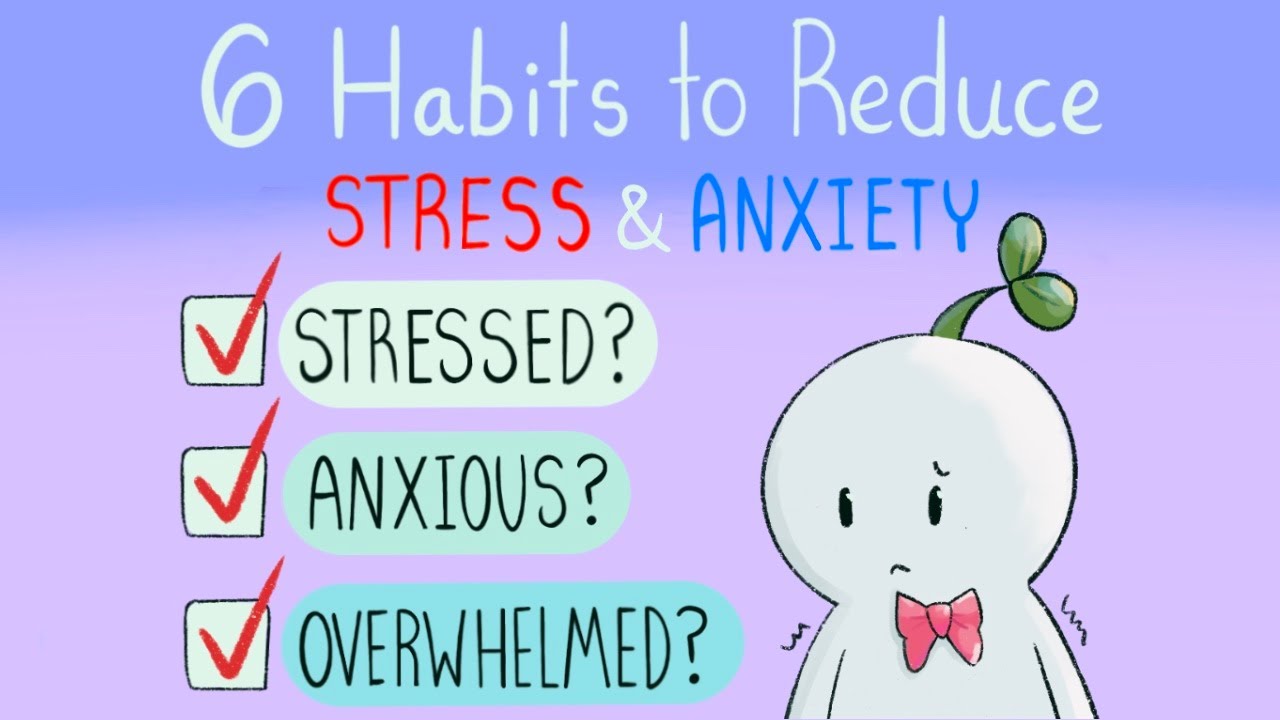Everyone has experienced anger, sadness, disappointment, and frustration.
If improperly managed, these negative emotions can break a relationship, ruin a project, and even take a person’s life.
I’ve learned an emotion management skill that I find very effective.
I’ll share it with you today.
Imagine you can separate your feelings into different rooms. The skill is to simply keep different emotions in a different room and never mix different emotions in one room.
For example, I may be very frustrated with work, but once I am not on the issue, that room is closed. When I work on other projects or talk to other people, my emotion will be neutral.
I have 3 kids. When one kid made me angry, I will not bring my anger to the other kids.
Every room starts with neutral emotion.
I’m not saying you should suppress your emotion. In fact, it’s bad to suppress your emotion.
Don’t suppress. Let it out, but let it out fast.
I practice the 5-minute rule.
That means I will not hold on to a negative emotion for more than 5 minutes.
Well, I didn’t really time it, but once I have let out my emotion, I’m done.
I’ll simply keep it in the room and close it.
Just remember, your emotion ends with the event.
Over the years, I’ve learned to switch my emotion real fast.
Most important of all, I’ve learned not to bring emotion from one room to another room.
This skill has helped me to overcome my business and investment failures. It has been instrumental in keeping my mindset positive.
If you have a spouse, let your spouse know about this skill.
My wife practices the same skill and it has worked very well for us.
We may have an argument over certain things but our emotions end with that argument.
Next moment, we can happily discuss where to have dinner or have fun with our kids.
To your success,

Instead, try viewing stress as a challenge. Psychologist Kelly McGonigal recommends in her book The Upside of Stress to reframe any stressful event or anxious circumstance as a challenge. Preliminary research shows that those who adopt this mindset exhibit fewer stressful events and suffer less from negative health effects.
Use this response to stress as an opportunity to grow as a person. View how you can react differently and what that will do to you and the situation.
How will you feel in the long run if you react this way? What if you view your stress as a long-lost friend who needs a break or some talking to in order to calm down? Well, if you talk to them, you may just hit it off and then you may not view stress as an enemy at all but as a friend who simply needs to be reasoned with. FIVE: Meditate I’m sure you’ve heard before about the benefits of meditation. But if you know your day is bound to be busy and stressful, put aside five or ten minutes each morning to ease into it with some mindful meditation.
It will likely be difficult to jump into a full hour’s worth of meditation so take it in baby steps. Start with five minutes each morning. Once you’ve mastered that? Add an additional five each week until you feel comfortable.
Neuroscientist Gaëlle Desbordes demonstrated through fMRI research that changes in brain activity in subjects who had learned to meditate were unchanged even when they were not meditating.
Desbordes recorded brain activity and took scans of subjects’ brains while they meditated and after, while they completed everyday tasks. The scans still showed the changes in the brain activation patterns, continuing to the end of the study. This was the first time this sort of change had been discovered in the part of the brain known as the amygdala. SIX: Go to Bed..
. On-Time! Do you go to bed on time? What time are you watching this video? Sigh.
If it’s past your bedtime, go to bed after this tip. If it’s not past your bedtime? I am once again proud. It is vital to our mental health that we get enough sleep. Sleep deprivation can impact our anxiety for the worse.
According to research, not getting enough rest can increase the brain’s anticipatory reactions, intensifying your anxiety and stress levels. So check the clock.
Is it past your bedtime? It’s time you make going to bed on time, a daily habit…
.Or, a nightly one. So, will you practice these habits? Which will you try first? And which habits help you to relieve stress and anxiety? Let us know in the comments. You’re not alone in your anxiety and stress. Psych2Go – and the many Psych2Goers – are here to listen. If you found this video helpful, don’t forget to click the like button and share this video with someone who might need it. Subscribe to Psych2Go and hit the notification bell icon for more content like this!
As always, thanks for watching…
